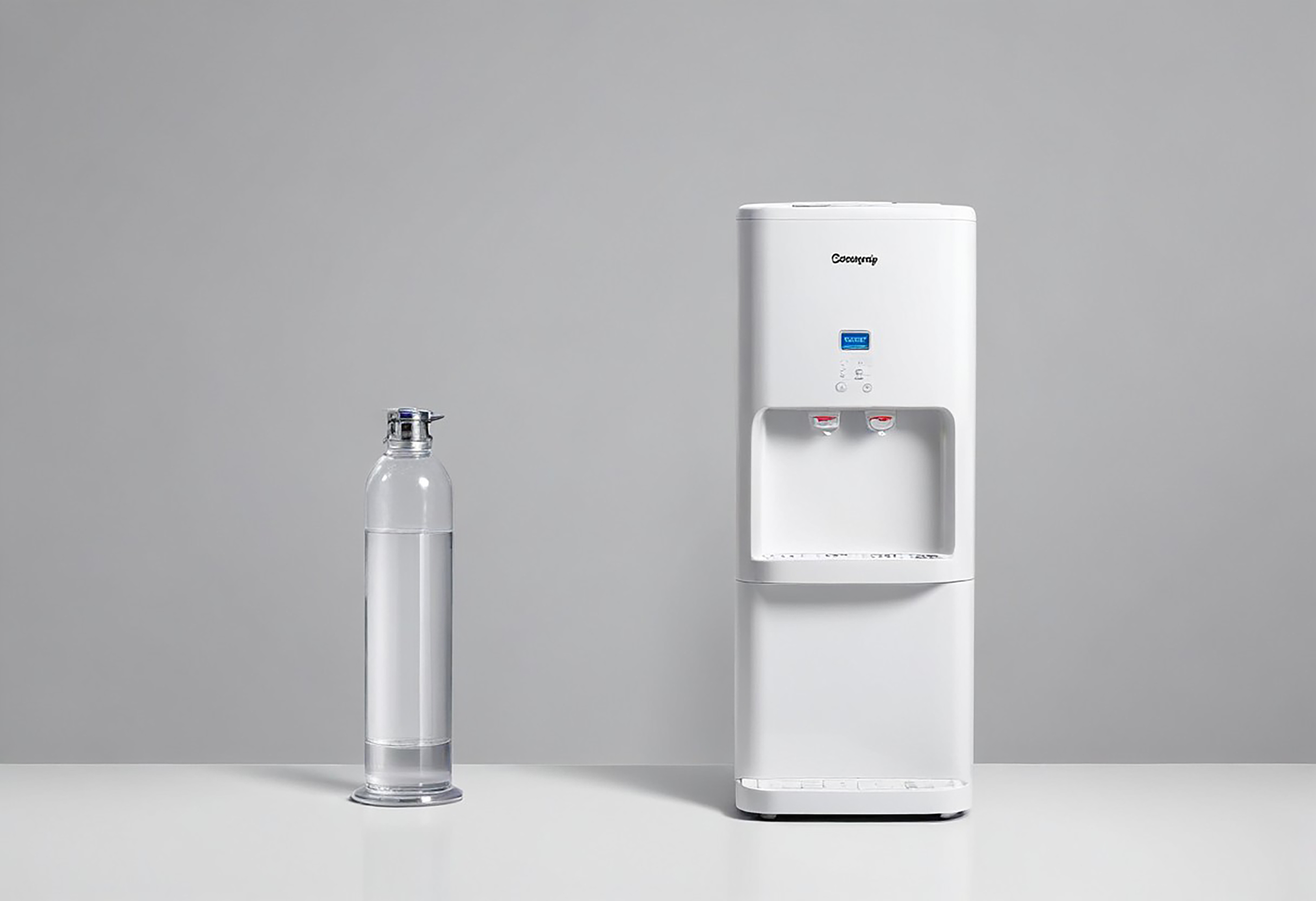
Access to clean drinking water is essential for health and well-being. With rising concerns about water quality, many homeowners are turning to water filters as a solution. However, with the variety of options available, choosing the right water filter can be overwhelming. This guide will walk you through the different types of water filters, their benefits, and key factors to consider when making your choice.
Before selecting a water filter, it’s important to understand the common contaminants found in household water supplies. These can include:
Chlorine: Used in municipal water treatment to kill bacteria but can affect taste and odor.
Lead: Often found in older plumbing, lead can leach into drinking water and pose serious health risks.
Sediment: Particles like dirt, rust, and sand can affect water clarity and quality.
Bacteria and Viruses: Pathogens can enter water supplies and cause illness.
Heavy Metals: Substances like mercury and arsenic can contaminate water sources, often from industrial runoff.
Testing your water supply can help identify specific contaminants present, guiding you in selecting the appropriate filtration system.
Water filters come in various types, each designed to tackle specific contaminants. Here are the most common types:
How They Work: Activated carbon filters use a porous material to adsorb impurities from water. They are effective at removing chlorine, volatile organic compounds (VOCs), and bad tastes and odors.
Pros:
Affordable and widely available.
Improves taste and smell of water.
Cons:
Limited effectiveness against heavy metals and microbial contaminants.
Requires regular replacement to maintain effectiveness.
Best For: Households looking to improve the taste and odor of municipal water.
How They Work: RO systems force water through a semi-permeable membrane, removing a wide range of contaminants, including heavy metals, salts, and microorganisms.
Pros:
Highly effective at purifying water.
Can remove up to 99% of contaminants.
Cons:
Higher upfront cost and installation complexity.
Wastes some water during the filtration process.
Best For: Areas with significant contamination issues or for families wanting the highest water purity.
How They Work: UV purifiers use ultraviolet light to kill bacteria, viruses, and other pathogens in water.
Pros:
Chemical-free method of purification.
Effective against biological contaminants.
Cons:
Does not remove chemical contaminants or sediments.
Requires electricity and regular maintenance.
Best For: Households concerned about microbial safety, especially in rural areas.
How They Work: Ceramic filters use a porous ceramic material to physically block contaminants, including bacteria and sediment.
Pros:
Long-lasting and easy to clean.
Effective at removing pathogens.
Cons:
Slower filtration rate compared to other methods.
Limited effectiveness against chemical contaminants.
Best For: Areas with microbiological contamination concerns.
How They Work: Ion exchange systems soften water by replacing calcium and magnesium ions with sodium or potassium ions, reducing hardness.
Pros:
Effective at reducing hard water scale buildup.
Improves the lifespan of appliances.
Cons:
Does not remove all contaminants.
Requires periodic regeneration with salt.
Best For: Households with hard water issues.
When choosing a water filter for your home, consider the following factors:
Start by testing your water to identify specific contaminants. This will help you select a filter that effectively addresses the issues present in your water supply. Many home testing kits are available, or you can request a test from your local water authority.
Choose a filter type based on the contaminants you want to remove and your specific needs. For example, if you’re primarily concerned about chlorine taste and odor, an activated carbon filter may suffice. For more serious contaminants like lead or bacteria, consider a reverse osmosis system or UV purifier.
Some filters are easy to install, while others may require professional installation. Consider your comfort level with DIY projects when choosing a filter. Additionally, check the maintenance requirements, such as how often filters need to be replaced and whether you can easily access the filter for maintenance.
Evaluate both the initial cost of the filter and the ongoing maintenance expenses. While some systems may have a higher upfront cost, they could save you money in the long run by reducing the need for bottled water or extensive plumbing repairs.
Consider the size of the filter and its capacity. For larger households, a system with a higher flow rate and capacity may be necessary to meet daily water needs.
Choose a filter that fits well with your kitchen or designated water area. Many modern filters come in sleek designs that complement home decor.
While the specific brands may vary by region, many reputable manufacturers offer various filter options. Look for trusted brands that provide clear information about their filtration technology, performance ratings, and customer reviews. Always check for certification from organizations like NSF International or the Water Quality Association, which ensure that the product meets specific standards for safety and performance.
Choosing the right water filter for your home is an important decision that can significantly impact your health and well-being. By understanding the different types of filters, assessing your water quality, and considering key factors like installation, maintenance, and cost, you can make an informed choice that meets your needs.
Investing in a quality water filter ensures that you and your family have access to clean, safe drinking water, promoting better health and a higher quality of life. With the right water filter in place, you can enjoy the peace of mind that comes from knowing your drinking water is free from harmful contaminants, allowing you to focus on what truly matters—your health and happiness.
| Categories: | Services / Health & Beauty Services |
| Phone: | 0108181688 |
| Address: | Wells Malaysia, Kuala Lumpur |
| Website: | View our site |
| Email: | sales@wellsmalaysia.com |